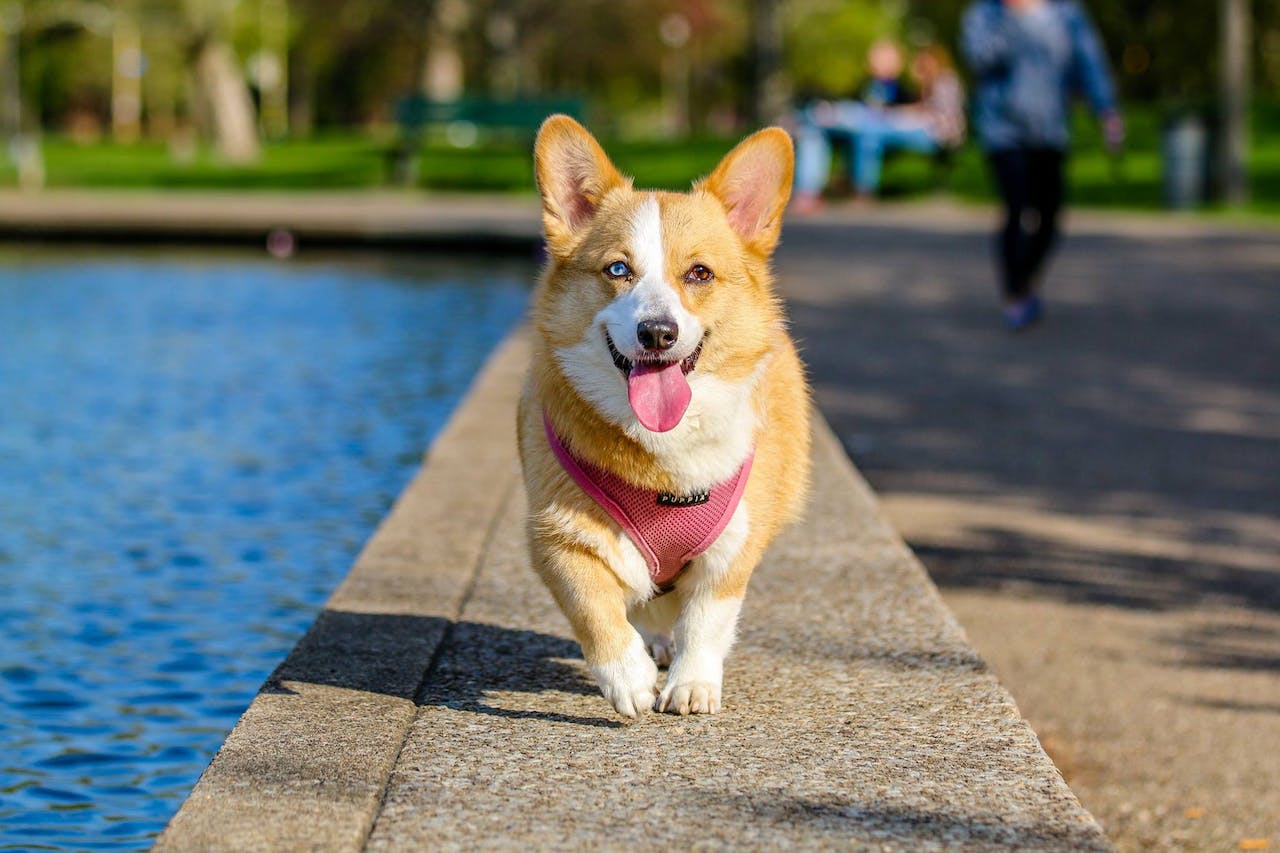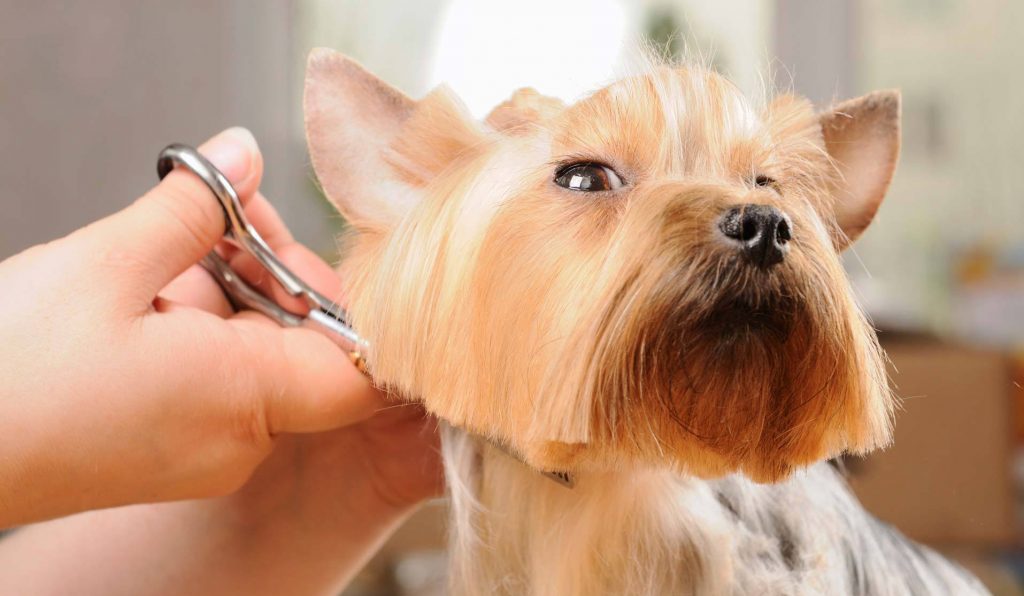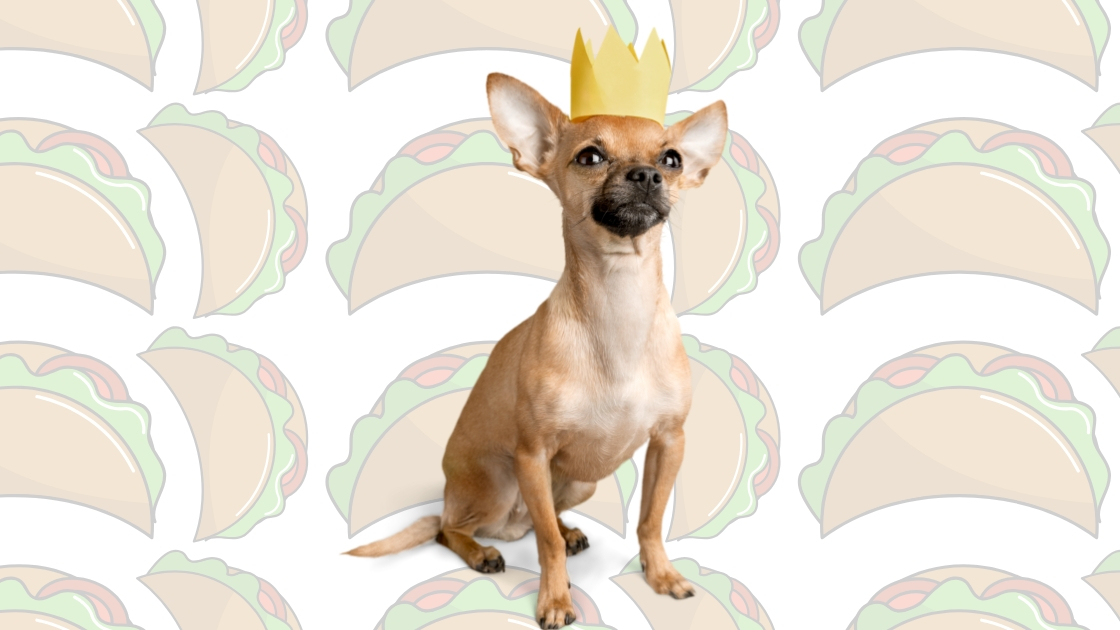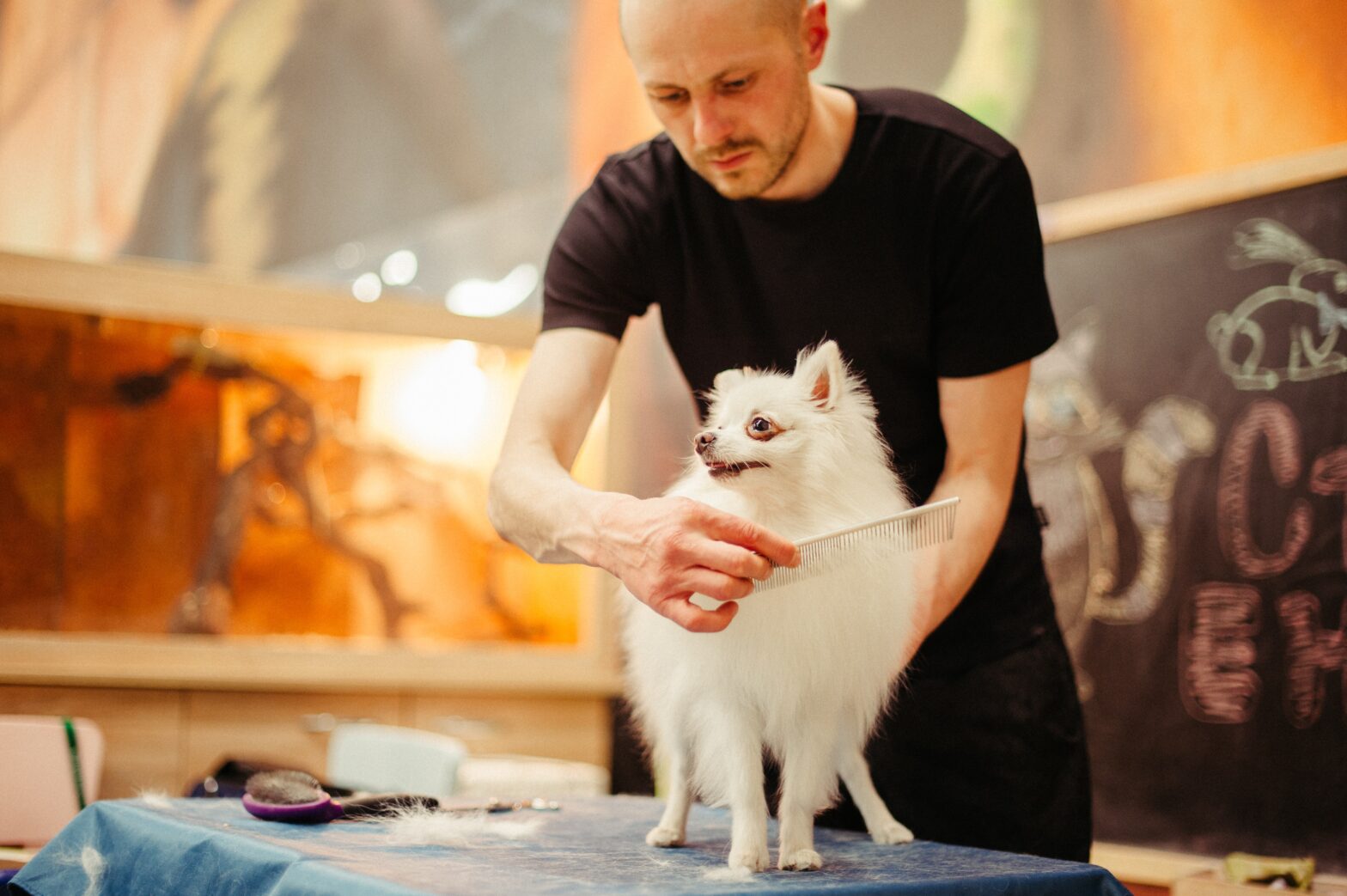Each group of vitamins has its own specific effect on the body of cats.
Vitamin A - helps to strengthen the immune system and stimulate cell growth. If the animal has a lack of vitamins, then eye problems begin - drying out of the cornea, night blindness.
Vitamin B - affects the skin, improves digestion, provides additional energy.If the animal does not eat foods saturated with B1, and does not receive the necessary vitamin supplementation, it begins seizures and paralysis may develop. The lack of vitamin B is especially difficult for pregnant cats.
With a shortage of B2, weight loss is observed, hair falls out, and the cat becomes very lethargic.
Vitamin B5 is responsible for the proper functioning of the kidneys and heart, and also contributes to the growth of hair.
Vitamin B6 helps proteins and fats to be absorbed better, saturating the body with useful substances.
B12 is responsible for the proper functioning of the nervous system. Symptoms of hypovitaminosis are chronic fatigue, weakness and other disorders of neurological functions.
Vitamin C is one of the most important antioxidants involved in the absorption of important microelements. Due to a strong deficiency, hair and even teeth can fall out.
Vitamin D - participates in the absorption of calcium. Symptoms are lethargy, drowsiness. In severe cases, the condition of the bone tissue worsens.
Vitamin E is a universal protector of cell membranes, improves cellular respiration.
Vitamin K is essential for the synthesis of proteins involved in the process of blood clotting.Separately, it must be said about taurine, which is vital for a cat. In high-quality cat food, it is already contained in the required quantities, but in the case of natural nutrition, you need to take care of providing the pet additionally.



